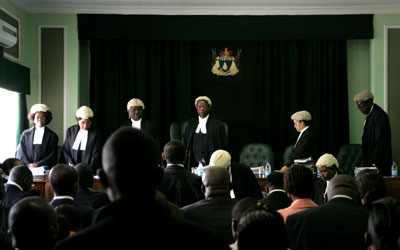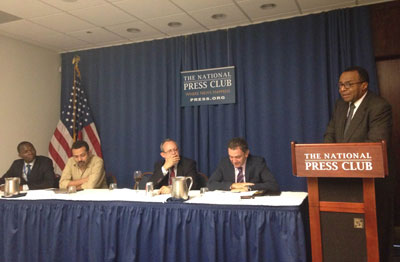
First US-Africa summit short on press freedom, other human rights
Top African and U.S. leaders are meeting next week in Washington in a first-of-its-kind summit focused on African development. But critics argue the summit is flawed in design, overlooking human rights such as freedom of expression and barring civil society actors from bilateral discussions.
No press freedom without Internet freedom
Four years ago, when CPJ launched its Internet Advocacy program, we were met with lots of encouragement, but also some skepticism. “Why do you need a program to defend the Internet?” one supporter asked. “You don’t have a special program to defend television, or radio, or newspapers.” But the Internet is different. Increasingly, when it…
CPJ calls on Ethiopian government to release imprisoned journalists
CPJ is among a group of more than 40 regional and international press freedom and civil society organizations that have signed a joint letter to Ethiopian Prime Minister Hailemariam Desalegn expressing concern over the recent imprisonment of Ethiopian journalists under the country’s far-reaching 2009 anti-terrorism law.
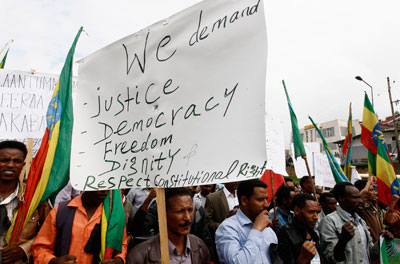
Twenty Ethiopia state journalists dismissed, in hiding
“If they cannot indoctrinate you into their thinking, they fire you,” said one former staff member of the state-run Oromia Radio and Television Organization (ORTO), who was dismissed from work last month after six years of service. “Now we are in hiding since we fear they will find excuses to arrest us soon,” the journalist,…
Zone 9 blogger urges world to call for freedom in Ethiopia
In April, the Ethiopian government imprisoned nine journalists, including six bloggers from Zone 9, in one of the worst crackdowns against free expression in the country. Ethiopia is the second worst jailer of journalists in Africa, trailing only Eritrea, according to CPJ research.
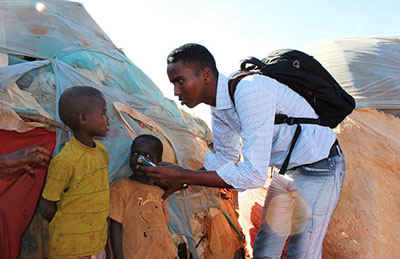
Reflections on my fallen colleague: Yusuf Keynan
My mother once sarcastically told me she could allow for my death, but couldn’t live with seeing my leg or hand amputated or with a lost eye after reporting from a battlefield. It was when she first learned that I had been secretly studying journalism in May 2005. The news made her distraught. She wanted…
Nigeria targets independent newspapers
Nigerian authorities have been waging widespread attacks on nearly a dozen independent newspapers under the cover of fighting terrorism. By last weekend, no fewer than 10 newspapers had their operations nationwide disrupted, leading to the loss of hundreds of thousands of newspaper sales.
Journalists targeted by both sides in Nigeria’s war on terror
The struggle between Nigerian authorities and militant extremist group Boko Haram was recently thrust into the global spotlight with the abduction of nearly 300 schoolgirls, but journalists in the country have been squeezed between the two sides for years.
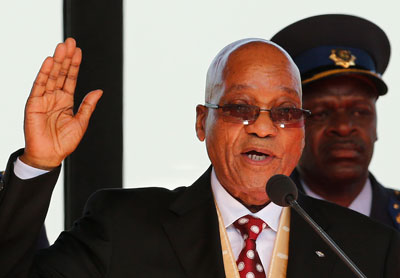
South Africa’s new communications ministry causes concern
Freedom of expression advocates in South Africa are concerned that the new Ministry of Communications, announced by President Jacob Zuma when he unveiled his cabinet on May 25, will compromise the independence of the public broadcaster and serve as a propaganda office.
